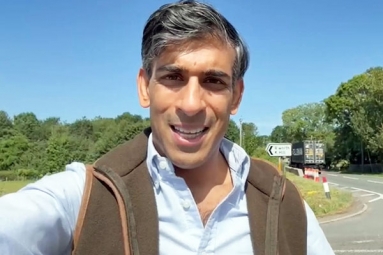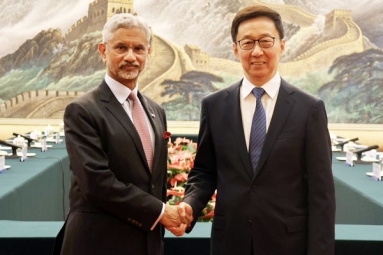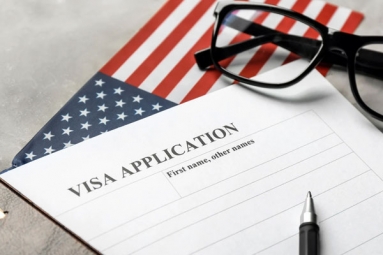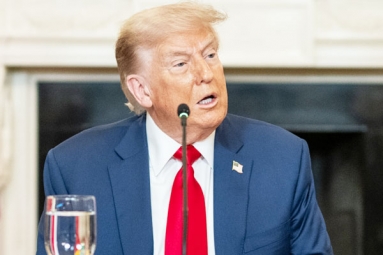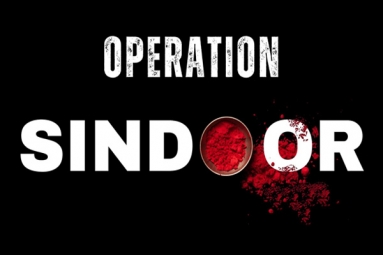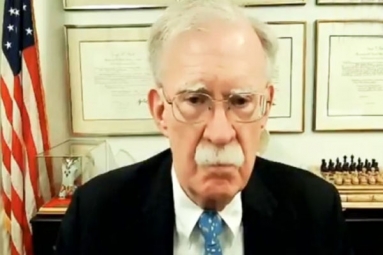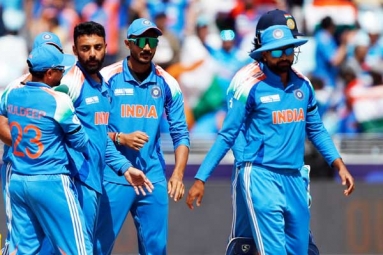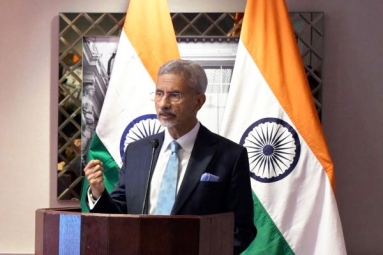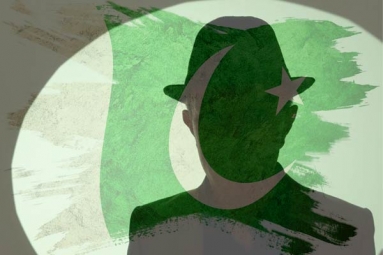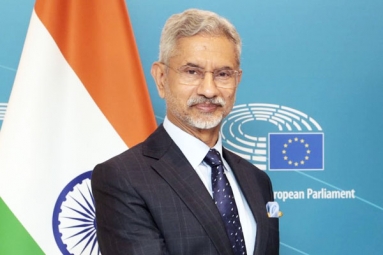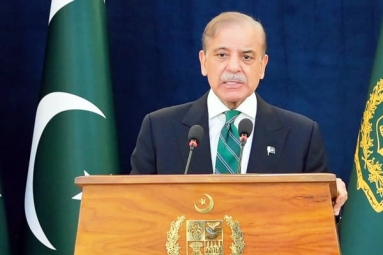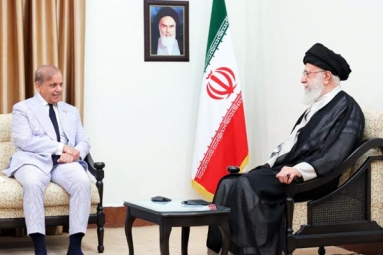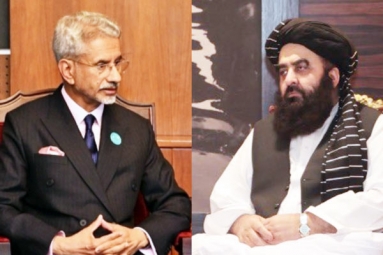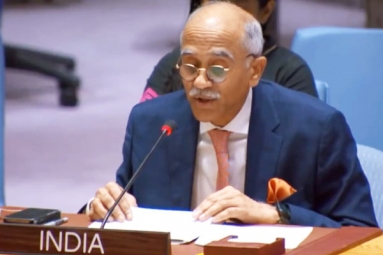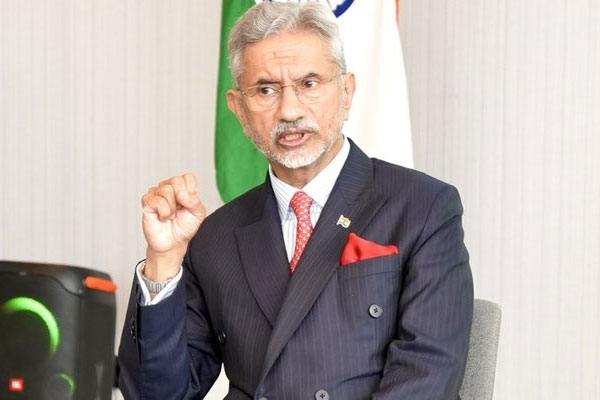
(Image source from: x.com/DrSJaishankar)
External Affairs Minister S Jaishankar emphasized that the recent end to hostilities between India and Pakistan was the outcome of a direct agreement between the two nations, unaffected by any international mediation, particularly that of the United States. In a conversation with the NOS broadcaster from the Netherlands, Mr. Jaishankar underscored India's persistent worries regarding Pakistan's approach to terrorism as a state policy, affirming that India possesses the right to take assertive action against such dangers. Relations between India and Pakistan deteriorated after a terrorist attack in Pahalgam, Jammu and Kashmir, on April 22, which resulted in the loss of 26 lives. In response, India launched Operation Sindoor, targeting nine locations linked to terrorism in Pakistan and Pakistan-occupied Kashmir (PoK), leading to the deaths of over 100 terrorists affiliated with groups like Jaish-e-Mohammed, Lashkar-e-Taiba, and Hizbul Mujahideen.
Mr. Jaishankar remarked that the ongoing nature of Operation Sindoor serves a strategic aim. "The operation persists because it sends a clear signal: if incidents akin to what occurred on April 22 happen again, there will be repercussions. We will strike at the terrorists, and should they be in Pakistan, we will target them directly," he stated. He elaborated that while the operation is still operational in theory, it does not signify ongoing military confrontation. “Maintaining the operation does not equate to active fighting. Currently, there is a mutual agreement to cease hostilities and military actions. Therefore, the operation is in a state of suspension,” he explained. Mr. Jaishankar indicated that the ceasefire was proposed by the Pakistani military on May 10 through communications on the hotline.
"It was the Pakistani army that communicated their willingness to halt fire, and we reacted accordingly," he noted. He reiterated that although various nations, including the United States, expressed their concerns and made appeals to both parties, the ceasefire was achieved strictly through negotiations between New Delhi and Islamabad. "The US was based in the United States," Mr. Jaishankar remarked pointedly when asked about Washington’s role. He acknowledged that U.S. Secretary of State Marco Rubio and Vice President JD Vance had reached out—Mr. Rubio to him and Mr. Vance to Prime Minister Narendra Modi—but clarified that their involvement was limited to expressing concern.
"We made it abundantly clear to everyone who contacted us, not just the United States but to all, that if the Pakistanis wished to halt hostilities, they needed to inform us directly. We required a message from them—specifically, their general had to speak with our general and convey this. And that is precisely what occurred,” he stated. When questioned about assertions made by U.S. President Donald Trump, who has frequently claimed credit for facilitating the ceasefire and offered to mediate what he termed a "thousand-year conflict," Mr. Jaishankar dismissed such assertions.
"This matter is solely between us and the Pakistani government. We suggest addressing it through bilateral discussions," he stated.
The External Affairs Minister elaborated on the ongoing tensions by referencing events from 1947. "Right from the beginning, Pakistan employed proxy forces while denying any direct involvement. Almost immediately after gaining independence, they infiltrated proxy troops and asserted that they were local tribesmen. In reality, they included members of the Pakistani military, some identified by their uniforms and some not," he explained.
Mr. Jaishankar further emphasized that India's stance on Kashmir remains firm and unalterable. "Kashmir is an integral part of India. No nation will engage in negotiations concerning its own territory. A portion of Kashmir has been illegally occupied by Pakistan since 1947-48. We would be willing to discuss with them when they intend to withdraw from that area."
He rejected any notion that the Line of Control or administrative arrangements in Jammu and Kashmir were open to debate. "This conversation must be taken seriously. It is an issue that requires dialogue between us and the Pakistani government. However, we will not negotiate over our territory," he affirmed.



